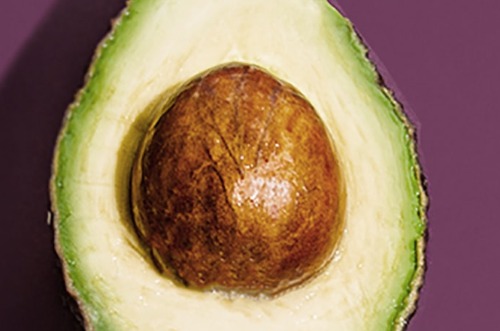
In W21 in the avocado landscape, it was reported that starting Sunday, June 4, the Maersk Bali ship will make its inaugural arrival at the Port of Paracas in Peru, focusing on serving the avocado and citrus campaign in the Southern region of Peru, providing a direct service to its Hub Port in Balboa, Panama, bypassing the Port of Callao. This new route enables a competitive transit time of 14 days to the port of Philadelphia, USA, and 19 days to Antwerp, Belgium. The direct service offers connectivity to ports along the US East and West Coasts and Northern Europe. According to industry experts, the supply of avocados in the United States remains plentiful. Unlike last year when there was a struggle to meet demand, Mexico's avocado season is on time, with increased volumes. California and Colombia are also contributing to the avocado supply. The fruit sizes vary, with Mexico having larger sizes towards the end of their season, while California focuses more on smaller sizes.
The National Horticulture Taskforce of Kenya has implemented Good Agricultural Practice (GAP) guidelines specifically for avocados, beans, and peas in pods. These guidelines aim to assist farmers meet international standards, preventing losses, and improving the quality of the produce. In addition, the County Government of Nakuru in Kenya has launched a comprehensive initiative to revive avocado farming and tap into international markets. Working in collaboration with the Avocado Society of Kenya (ASOK), the county aims to enhance the competitiveness of avocado value-added products by providing training to smallholder farmers. On the other hand, on May 11, the General Director of the Thai Department of Agriculture signed a gazette notice allowing the import of Western Australian Hass avocados into Thailand. Once the notice is published and verification is successful, Western Australian avocado growers and packers who applied in April will be able to export Hass avocados to Thailand. The Australian avocado industry expects to open up a market potentially worth USD 6.539M (AUD 10M) by 2026. Lastly, Israeli avocado producers and exporters anticipate higher volumes for the upcoming season, which begins later this year, after experiencing lower volumes in the 2022/23 season. The reduced volumes were expected due to an off-year caused by the coldest flowering period in 50 years.



